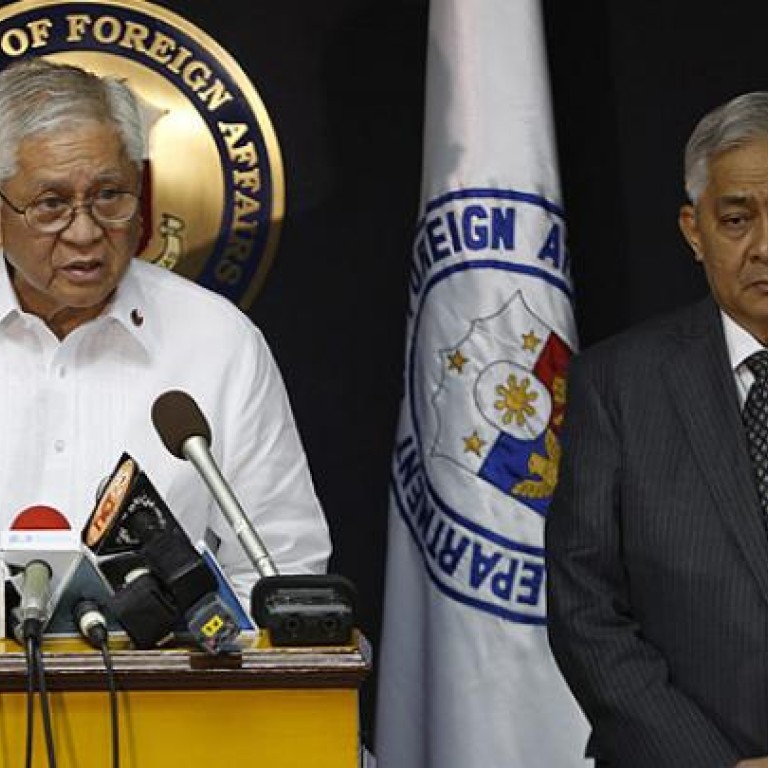
China rejects Philippine UN mediation effort
Beijing said on Tuesday it has rejected the Philippines’ attempt to seek international arbitration over conflicting claims to territory in the South China Sea.
Beijing said on Tuesday it has rejected the Philippines’ attempt to seek international arbitration over conflicting claims to territory in the South China Sea.
Foreign Ministry spokesman Hong Lei said that China’s ambassador to Manila, Ma Keqing, had returned Manila’s formal notification of the move to a Philippine Department of Foreign Affairs official. Hong said the proposal was historically and legally incorrect and contained unacceptable accusations against China.
The Philippines informed China last month of its plans to take the countries’ conflicting claims to a tribunal operating under the 1982 United Nations Convention on the Law of the Sea. It wants the panel to declare Beijing’s moves in the potentially oil-rich waters unlawful.
The Philippines’ foreign affairs department said in a statement on Tuesday that China’s rejection will not interfere with the arbitration process that the Philippines has started.
“The Philippines remains committed to arbitration, which is a friendly, peaceful and durable form of dispute settlement that should be welcomed by all,” the statement said.
Even if a tribunal ruled against China, Beijing could choose to ignore the ruling.
Six governments have overlapping claims in the South China Sea. China claims sovereignty over virtually all of it.
Chinese paramilitary ships confronted Philippine vessels last year in a months-long stand-off over a disputed shoal. China has effectively controlled the shoal since June, when Manila withdrew its ships as a typhoon approached.
There are fears that territorial conflicts in the region, including a dispute between Japan and China in the East China Sea, could spark Asia’s next armed conflict.

